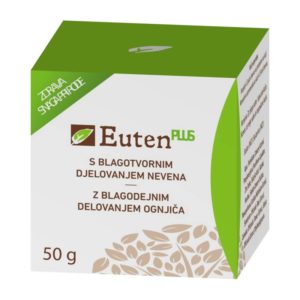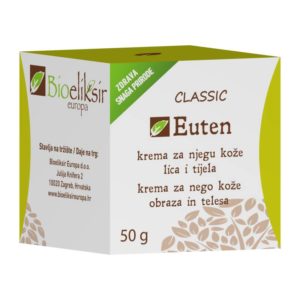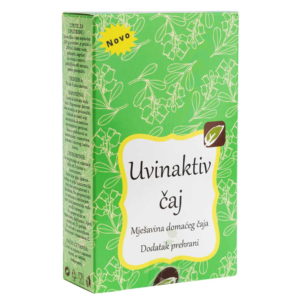As individuals age, their skin changes and they’re able to create difficulties and chronic troubles with it. 1 such problem that affects individuals of all ages, but particularly the older is eczema. Eczema is a condition of the skin which leads to dry, scaly skin.
Lipids are insoluble fatty chemicals that surround cells to keep water. Since the lipids are lower, skin develops patches and redness.
- Dry atmosphere
- Dehydration
- Overly hot tub water
- Deficiency of nourishment
While one or more one of these problems might not always bring about eczema, they do cause a reduction of moisture from the skin, and this may result in the illness. Seniors might not obtain the irritation diagnosed when they need to because they believe it’s merely irritated or dry skin. It’s also possible that additional conditions can be mistaken for eczema, like a negative effect in blood pressure medication or an allergy.
More than 1 kind of eczema is present and it’s necessary that the medical practitioner is likely to make the appropriate identification on the individual. The most frequent form is Atopic Dermatitis, however, that is usually found in children. The type most common in individuals over age 50 is Stasis Dermatitis. It’s frequently found on the thighs and may develop into ulcers or even treated.
Other kinds of eczema happen in the face, palms, even the back and torso. Treatment may vary dependent on the kind and severity. That is the reason it’s crucial to receive any abnormal skin irritation checked out fast. Homecare services professionals are trained to detect changes in your skin when they help with bathing and may notify you before it worsens.
Prevention and Treatment
Maintaining proper hydration is the perfect approach to stop eczema. Below are a few suggestions to avoid this disease from occurring to a loved one or protect against recurrence.
Don’t use hot bath water though it feels great. The intense heat really dries out thin or sensitive skin much quicker. It eliminates the entire body of those natural oils that protect epidermis.
Many seniors don’t understand when a room is hot and this heat can cause the skin to come up with a eczema rash because of dry skin. Regions of the skin which have folds may also increase the odds of developing eczema because of perspiration.
Use a humidifier in the home to maintain moisture from the atmosphere.
Use a gentle laundry detergent since a number of the components in harsh soaps may aggravate eczema.
Steer clear of any other causes like lotions lotions, or bath products which could be an allergen into the individual.
Foods are also an allergen and activate a flare-up of the status. Look closely at events which activate your loved ones eczema or make it even worse. A homecare services caregiver which visits with your loved one on routine basis may also know about any unusual issues and assist by notify you if their epidermis shows any signs of a rash.
Natural remedies are usually suggested to treat eczema. Health care professionals prescribe creams and in most severe cases, may prescribe oral drugs to aid with the condition. Their primary recommendation is for avoidance when the eczema is under control and they indicate lifestyle changes they think will help. It might take several adjustments before you’re able to find the causes and protect against recurrence.
Eczema is an uncomfortable condition but one that’s treatable if diagnosed.
This content is not intended to advise you about your health. Always seek advice from your doctor or other qualified healthcare professionals.




